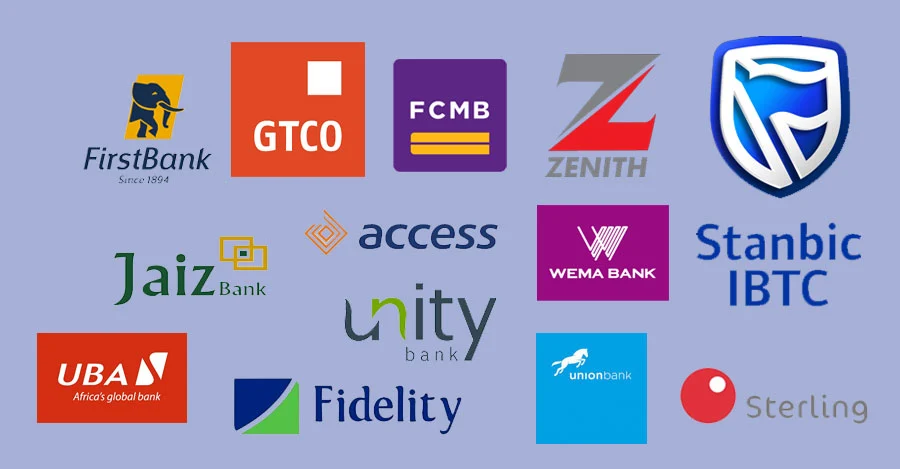The Nigerian financial industry has seen its own fair share of challenges from one form of crisis to another. While bank failures and cases of distressed bank is no longer as prevalent as it used to be, protection of depositors remains a crucial part of ensuring financial stability.
If depositors are not sure that they will be able to recover their funds in a case where a financial institution suddenly closes, there is a high probability that they would rather hold onto their funds than give it to a bank for safe keeping.
Providing this part of safety-net for depositors was the crux of creating deposit insurance institutions across the world. A Deposit Insurance Scheme (DIS) is a financial guarantee to depositors in the event of a bank failure.
Deposit insurance is a depositor protection scheme usually supported by insured institutions themselves and administered either through a government-controlled agency; a privately held one or one that is jointly owned and administered.
DIS are in existence with specific objective some of which include provision of deposit protection, contribution to financial stability, dealing with problem financial institutions, contributing to an orderly payments system, promoting competition in deposit-taking institutions, encouraging economic growth amongst others.
Deposit insurance schemes are different from conventional insurance. While a conventional insurance policy is designed only to protect the micro interest of the policyholder, a DIS is a regulatory tool aimed at ensuring the safety, soundness and stability of a nation’s financial system, thereby protecting the macro-economy at large.
Also, where the beneficiary, who is the insured, pays the premium under a conventional insurance, under a DIS, the insured institution pays the premium while the beneficiary of the protection offered is the depositor who does not pay any premium. While best practice indicates that participation in DIS be compulsory, it is a voluntary option under the conventional insurance.
In Nigeria, depositors’ funds are insured by the Nigeria Deposit Insurance Corporation (NDIC) which was established in 1988 through the promulgation of Decree No.22 of 15 of June 1988 as part of economic reform taken by the government to strengthen the safety-net for the banking sector.
The mandate of the NDIC includes the coverage of all deposit liabilities in Deposit Money Banks (DMBs, including Non-Interest Banks), Microfinance Banks (MFBs) and Primary Mortgage Banks (PMBs), Mobile Money Operators (MMOs).
The corporation is also saddled with the adoption of differential premium assessment system to encourage effective risk management system in banks as well as insurance coverage which guarantee payment of up to N500,000.00 and N200,000 to depositors of for DMBs/PMBs and MFBs respectively in the event of bank failure.
Asides these, it also implements the pass-through deposit insurance for the subscribers of mobile money operators (N500,000 Coverage per subscriber of MMOs). Alongside these, the NDIC also participates in other safety-net policies which include on-site examination and off-site surveillance of licensed deposit-taking financial institutions to ensure safety, soundness and stability of the banking system.
It also Risk-Based Supervision in collaboration with the CBN to ensure effective risk management in banks and promote stability and ensures zero tolerance for unethical practices in insured financial institutions in the interest of depositors thereby promoting safe and sound banking practices.
NDIC director, Communication and Public Affairs Department, Bashir Nuhu, explained that the corporation in collaboration with the CBN, carries out efficient and cost effective resolution of distressed banks to promote public confidence and protect depositors.
“Effective resolution of failing banks is carried out to enhance the safety, soundness and stability of the banking system,” he stated, adding that mechanisms that had been used include open bank assistance, depositor reimbursement amongst others.
According to Section 10 (1) of the NDIC Act No. 16, 2006, funding sources of the corporation include premium contribution by participating institutions, income from the investment of the corporation, monies borrowing from any sources with the approval of the board and monies from any other sources as may be approved by the corporation.
As contained in Section 17 (5) of the NDIC Act No. 16, 2006. If supplementary funding is required,NDIC has the authority to ask participating institutions to pay special contribution out of it profit before tax, a sum equal to its annual premium or such other sum as the board may require not exceeding 200 per cent of its annual premium on such terms and conditions as the Board may from time to time determine.
As part of its mandate, the NDIC had recently called for depositors of defunct banks to come and register their claims as it currently has enough funds to settle all claims of depositors
Managing director and chief executive of the Nigeria Deposit Insurance Corporation (NDIC), Mr Hassan Bello, had revealed that the corporation had paid out N113.2 billion to insured and uninsured depositors of all categories of banks in the country.
According to him, as at June 2022, the NDIC had cumulatively paid N11.83 billion to over 443,949 insured depositors and over N101.37 billion to uninsured depositors of all categories of banks in-liquidation. Noting that the NDIC bank liquidation mandate entails reimbursement of insured and uninsured depositors, creditors, and shareholders of banks in liquidation, he said the corporation’s liquidation activities as at June 30, 2022, covered a total of 467 insured financial institutions in-liquidation, comprising of 49 deposit money banks, 367 microfinance banks, and 51 primary mortgage banks.
“Out of the 49 DMBs in-liquidation, the Corporation in September, 2022 declared 100 per cent liquidation dividend in 20 of those institutions, meaning that the Corporation has realized enough funds from their assets to fully pay all depositors of the listed banks.” As at June 30, 2022, the NDIC provided deposit insurance coverage to a total of 981 insured financial institutions.
A breakdown shows that the covered institutions include 33 DMBs made up of 24 Commercial Banks, six Merchant Banks and three Non-Interest Banks (NIBs) plus two Non-Interest Windows; 882 Microfinance Banks (MFBs); 34 Primary Mortgage Banks (PMBs); three Payment Service Banks (PSBs) and 29 Mobile Money Operators.





